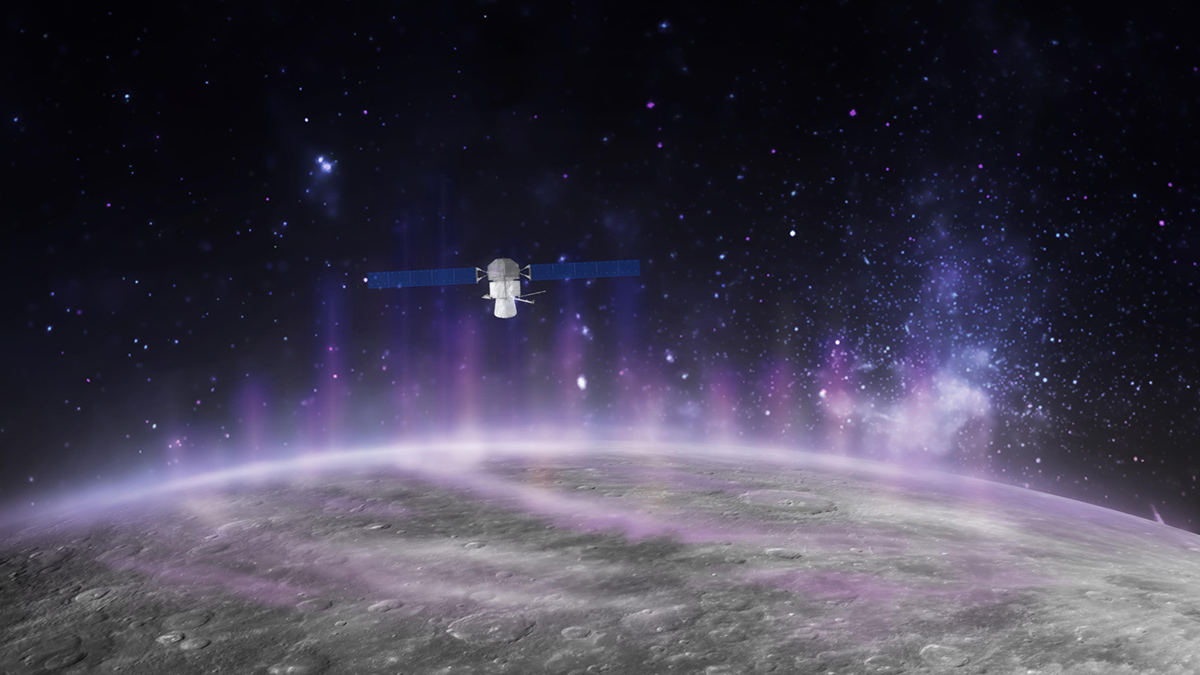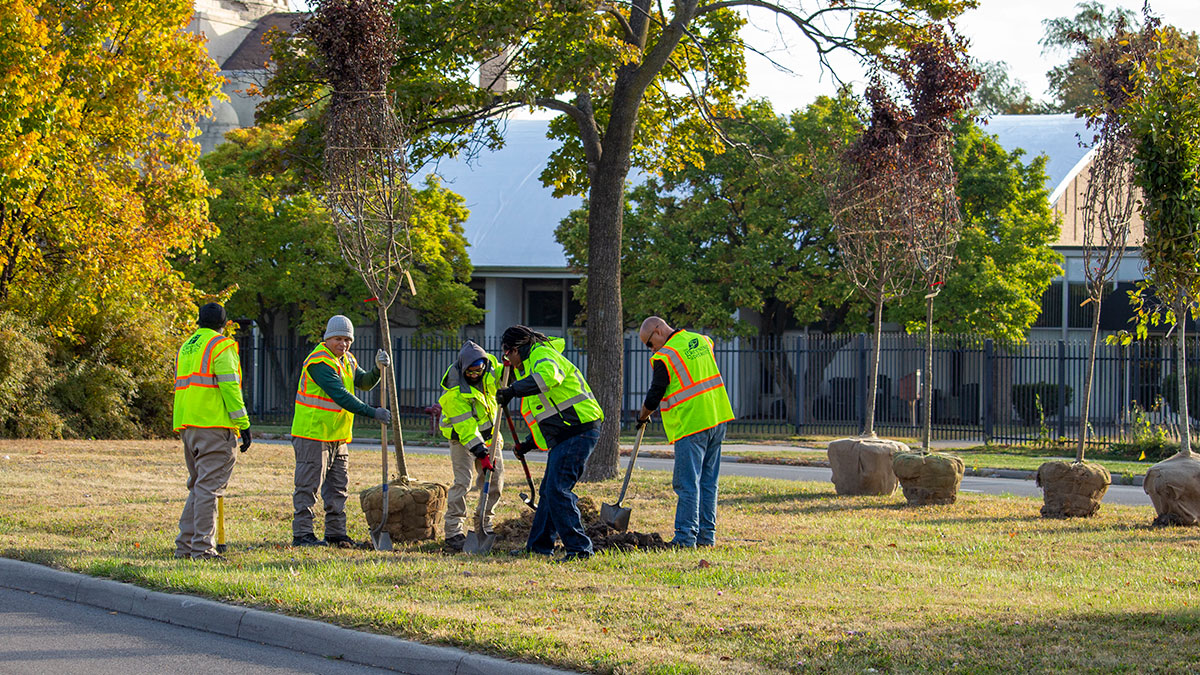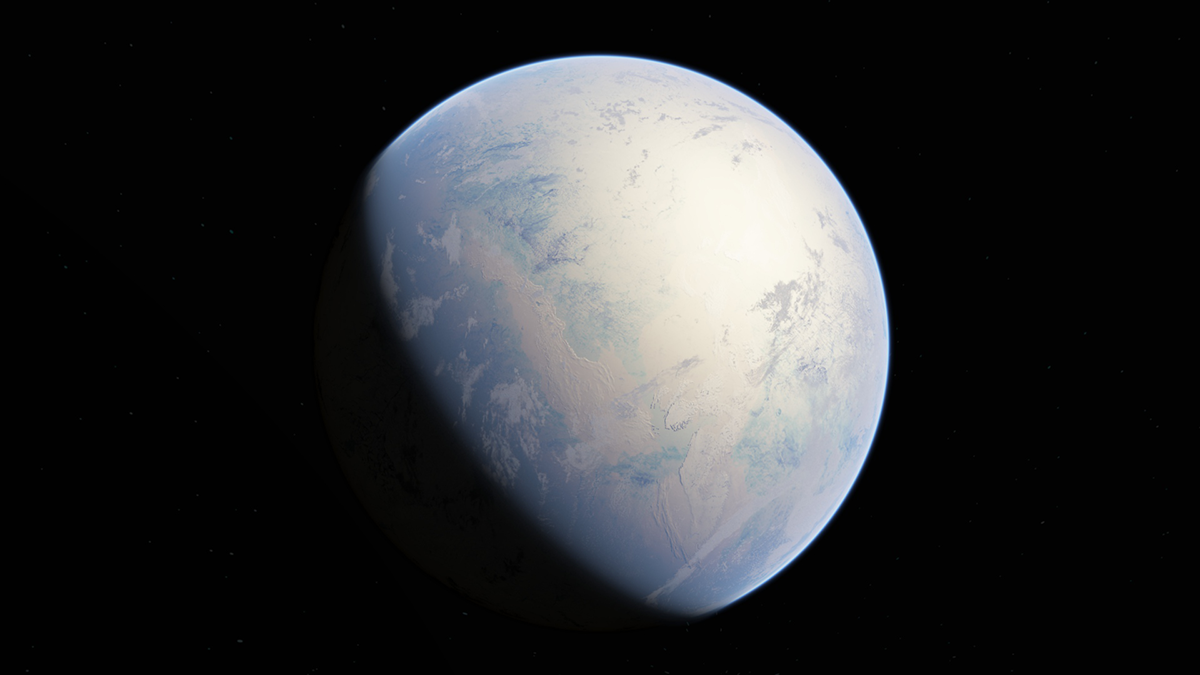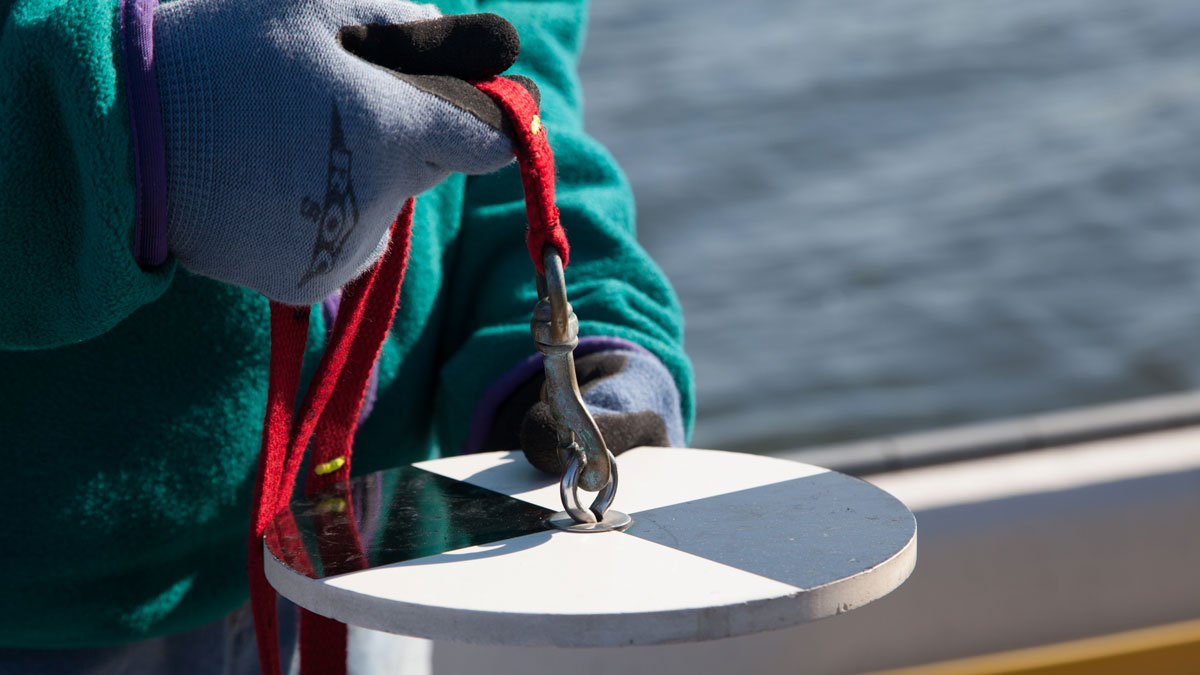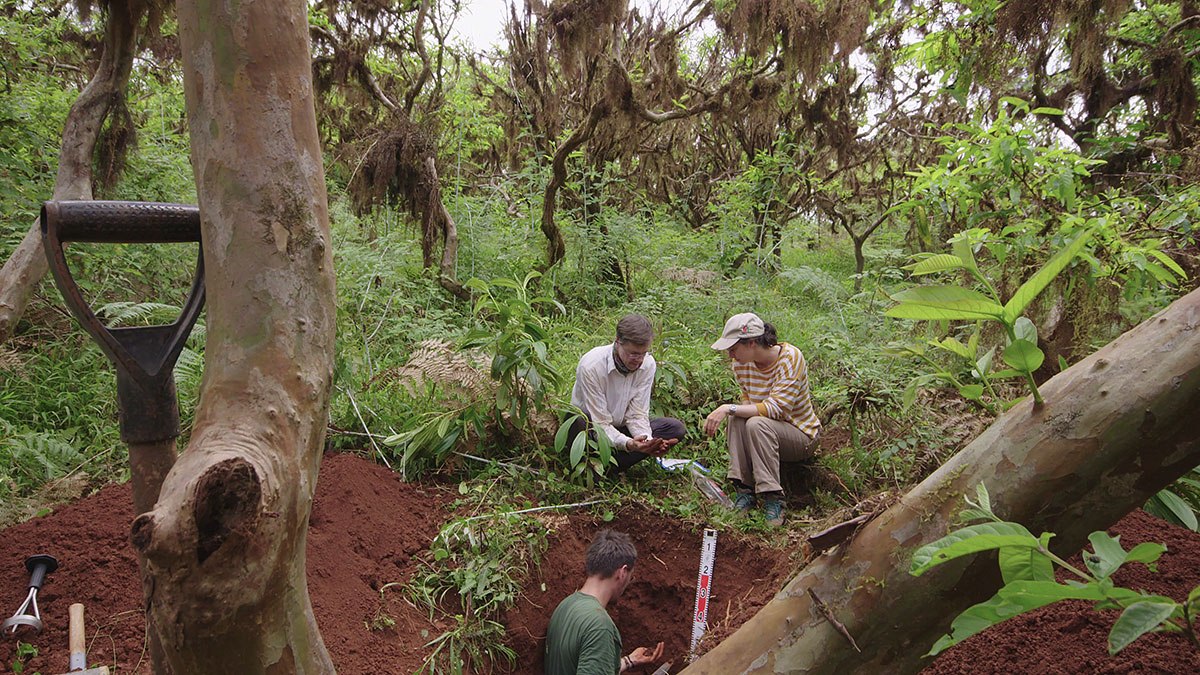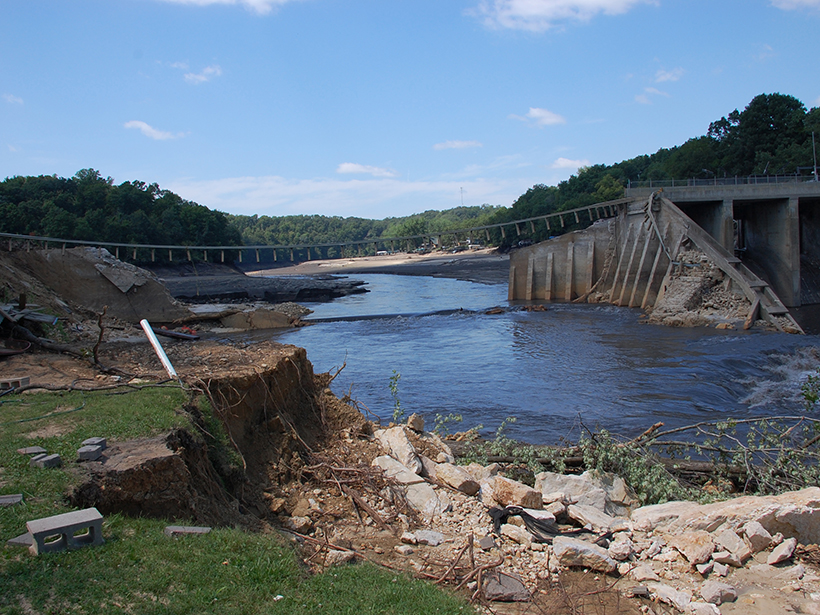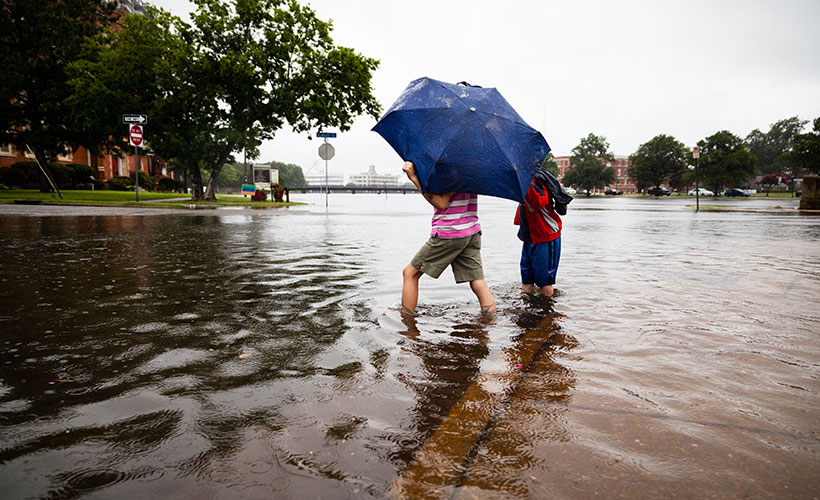Data collected by the BepiColombo spacecraft traces the causes of the strange aurora, which course through the planet’s weak magnetosphere.
partner content
When the Woods Get Noisy, the Animals Get Nervous
New study uses trail cameras and speakers to isolate what human sounds do to animals.
Cities Are Rethinking What Kinds of Trees They’re Planting
U.S. cities are losing some 36 million trees every year, but hardier species can restore their canopies.
How Animals May Have Conquered Snowball Earth
We know there were animals during Earth’s chilliest era. The question is, What did they look like?
Wetlands on the Farm: Potent, Nutrient-Capturing Tools in (Relatively) Small Packages
Constructed wetlands can significantly reduce water pollution from tile-drained farms.
The Simple Usefulness of the Secchi Disk
A centuries-old sailor’s hack enters the ecologist’s toolkit.
The Galápagos Islands: The Ultimate Outdoor Soil Science Laboratory
A new study has spurred further research into the impacts of soil formation on modern-day problems like heavy metal contamination in agricultural soils.
Kelp’s Carbon Sink Potential Could Be Blocked by Coastal Darkening
Coastal darkening, an environmental threat researchers are only beginning to study, is found to dramatically reduce the productivity of kelp.
Below Aging U.S. Dams, a Potential Toxic Calamity
Documents suggest that in more than 80 U.S. locations, the failure of an aging dam could flood a major toxic waste site.
Warming Oceans Are Making the Climate Crisis Significantly Worse
Humans have locked in at least 20 feet of sea level rise—can we still fix it?

